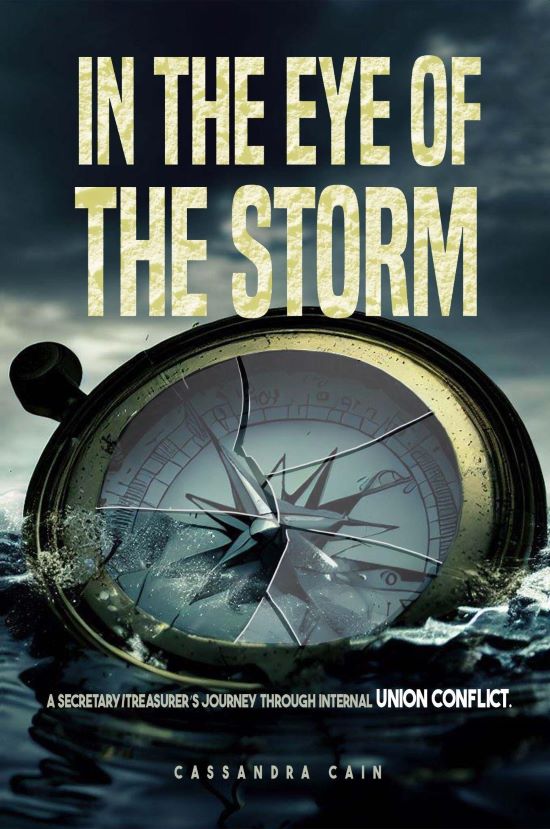Self-discovery is a journey, not a destination. It’s about peeling back the layers of your life to reveal the true you underneath. If you’ve ever felt lost or unsure about who you are, don’t worry—you’re not alone. Understanding yourself better can lead to a more fulfilling and purposeful life.
Here’s a step-by-step guide to help you embark on this enriching journey of self-discovery.
1. Reflect on Your Values
Start by thinking about what truly matters to you. Values are the guiding principles in your life, shaping your decisions and actions. Spend some time reflecting on moments when you felt deeply satisfied or proud. What were you doing? What values were you honoring? Write down these values and consider how they align with your current life. This reflection helps clarify what’s important to you and sets the foundation for deeper self-understanding.
2. Explore Your Interests
Self-discovery often involves exploring new hobbies and interests. Try activities that intrigue you, whether painting, cooking, hiking, or learning a new language. Notice what excites you and brings you joy. Exploring various interests helps you discover hidden talents and reveals aspects of your personality you may not have been aware of before.
3. Assess Your Strengths and Weaknesses
Everyone has unique strengths and areas for improvement. Assess what you’re good at and where you could grow. You might use tools like personality tests or seek feedback from friends and colleagues. Understanding your strengths can boost your confidence while recognizing your weaknesses provides an opportunity for personal growth. Embrace both with an open mind and a positive attitude.
4. Reflect on Past Experiences
Our past experiences shape who we are today. Look back at significant moments in your life—both successes and challenges. Reflect on how these experiences have influenced your beliefs and behaviors. Understanding the impact of your past helps you make sense of your current self and can offer valuable insights into your future direction.
5. Set Personal Goals
Self-discovery involves setting goals that align with your newfound understanding of yourself. Think about what you want to achieve—career, relationships, personal growth. Setting specific, achievable goals helps you move forward with purpose and direction. Remember, these goals should reflect your values and interests, making them meaningful.
6. Practice Self-Compassion
Be kind to yourself throughout this process. Self-discovery is not about achieving perfection but understanding and embracing who you are. Practice self-compassion by treating yourself with the kindness and patience you would offer a friend. This positive self-talk encourages growth and helps you maintain a healthy perspective on your journey.

Self-discovery is about taking the time to understand and appreciate yourself. By reflecting on your values, exploring interests, assessing your strengths and weaknesses, and setting personal goals, you pave the way for a more authentic and fulfilling life. Remember, this journey is uniquely yours—embrace it with curiosity and an open heart.
Ready to uncover the depths of your own soul? Dive into ‘In the Eye of the Storm‘ by Cassandra Cain and embark on a transformative journey of self-discovery. Order your copy now and find the hero within!

